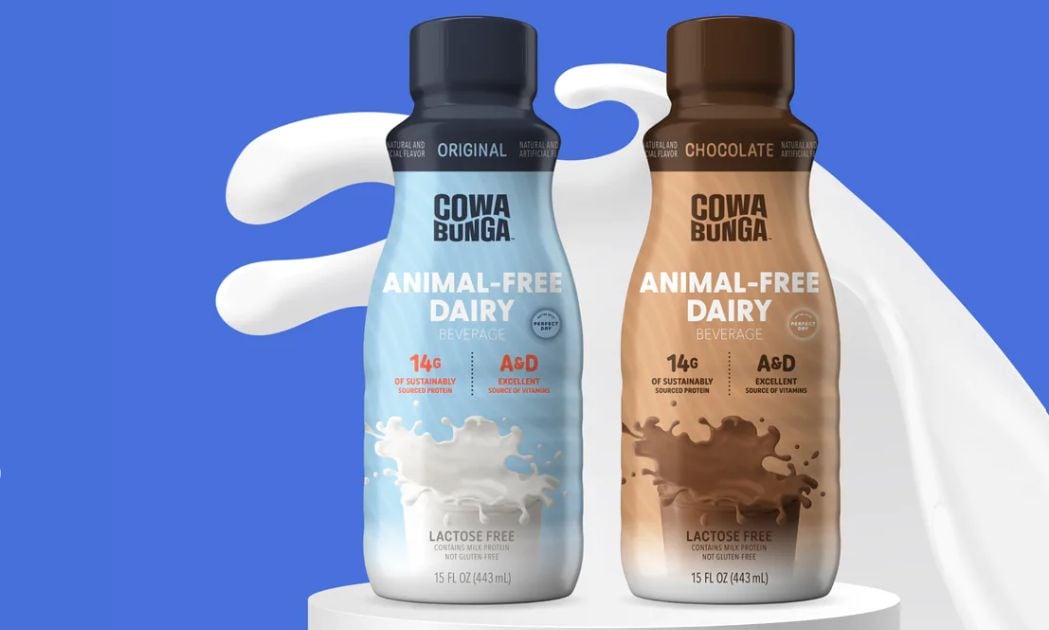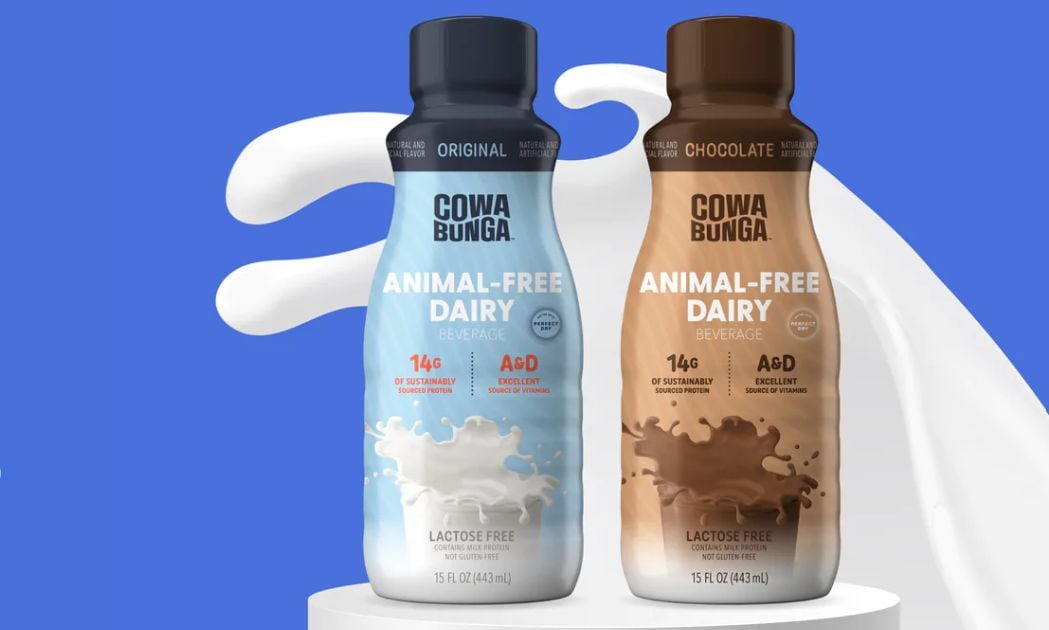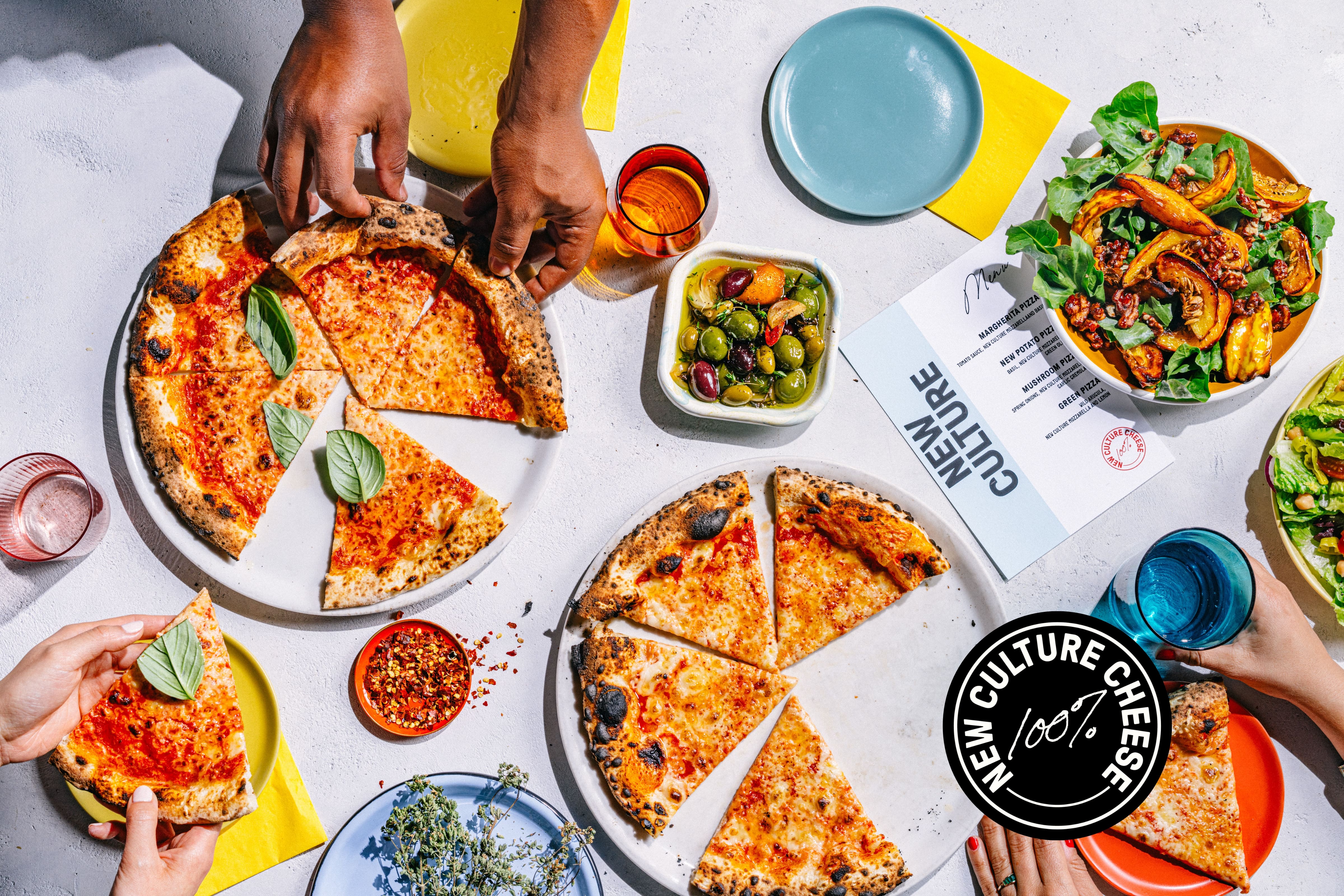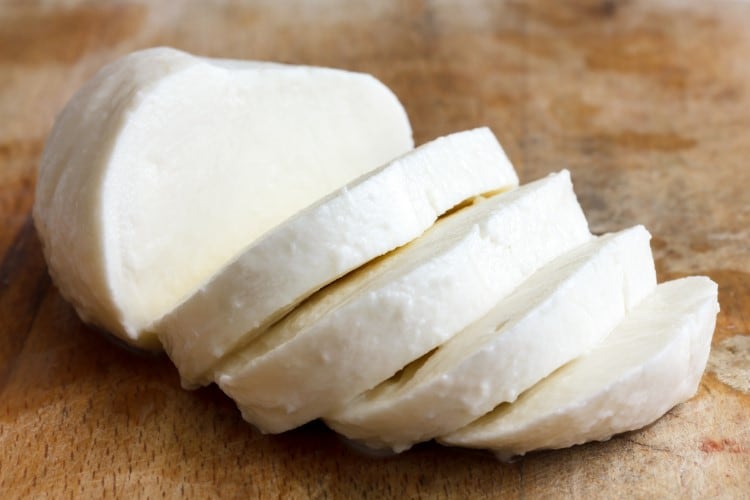If you are a US shopper looking to buy the latest animal-free dairy product, where do you go?
A category that once promised ‘the best of both worlds’ – foods identical to traditional dairy but made without the cow – has been nearly wiped out from supermarket shelves.
According to Circana, sales for these types of products are still very low and brands don’t stay in the market for long.
“Nurishh cream cheese and Strive Free Milk launched in 2022 and 2023 and sales are in significant decline,” Melissa Altobelli, SVP, Client Insights, Dairy and Bakery at Circana told us. “Ice cream brands Brave Robot and Nick’s have no sales in MULO+ YTD [and neither does] Nestlé’s Cowa Bunga animal-free dairy.”
Meanwhile, Breyers’ Lactose Free Chocolate Ice Cream – an animal-free frozen dairy dessert launched alongside Perfect Day in February 2024 – is not even listed on the company’s business intelligence platform, Unify+.
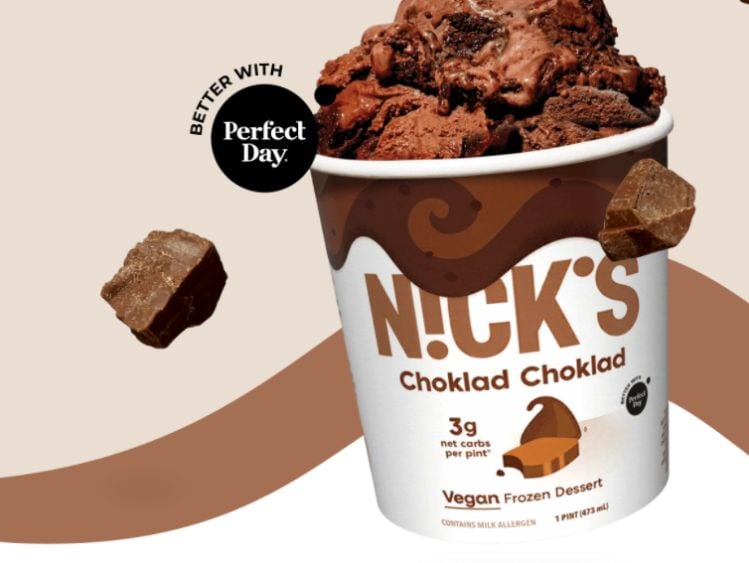
“Animal-free is still a small niche area with low sales and brands don’t seem to be staying in the market for very long,” Altobelli told us.
“In the last year Nurishh is down around 55%, Strive Free Milk is down 89%, so to me, that signals going out of the market, versus year ago.”
With those products commanding a price premium, is the steep decline in sales down to consumers trading down?
“I think it’s down to consumer confusion – I don’t think consumers understand what [animal-free] means; what does it mean versus plant-based, for example."
This lack of education might be why those products aren’t quite working, she added.
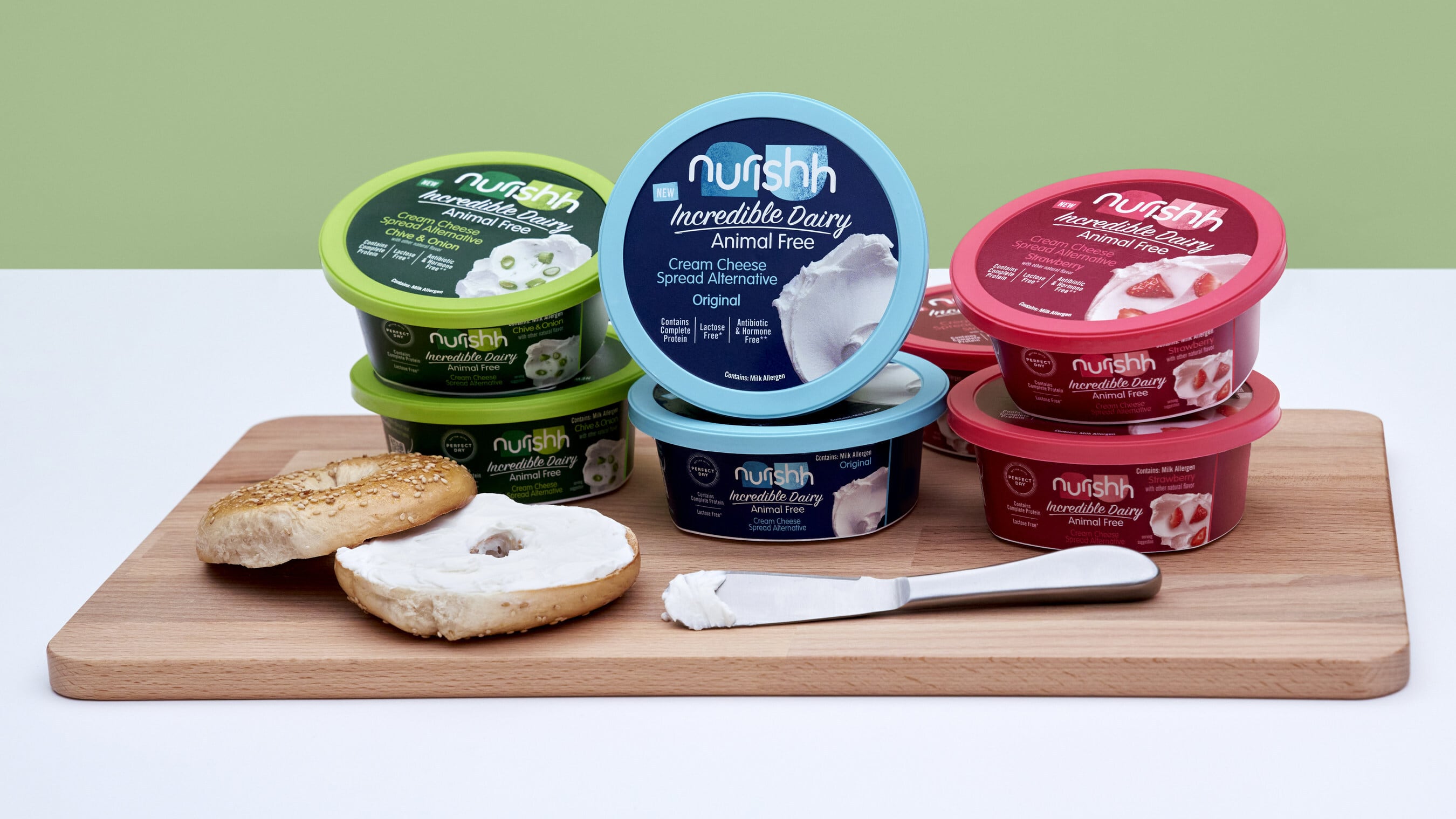
Retail struggles & regulatory woes
Declining US retail sales should be a red flag for product developers.
The US is the largest market for animal-free dairy and one of few markets globally – including Israel, South Africa and Singapore – where products made through precision fermentation-derived dairy ingredients can be sold commercially. (In Europe, regulator EFSA has not yet authorized the use of dairy proteins derived through precision fermentation.)
While there are other ways to make cow-free dairy, such as via cell cultivation, precision fermentation has emerged as the preferred method by start-ups and major dairy companies alike thanks to its tried-and-tested methodology and lower carbon footprint.
But if consumers are shunning the category so categorically, this could hinder future investment and impact new product development.
And there are regulatory barriers on the horizon, too. The Trump administration is seriously considering the removal of the self-affirmed GRAS pathway for food ingredients – a route that has so far allowed foodtech companies to declare their ingredients as safe without formally notifying the federal regulator.
GRAS was added to the Federal Food, Drug, and Cosmetic Act in 1958 and the US Food and Drug Administration (FDA) has used a voluntary notification process since 1997. Its removal would not only make it harder for foodtech companies to enter the US market, but it would also raise questions about the fate of existing self-affirmed ingredients.
Still, some companies remain undeterred. Belgium’s Those Vegan Cowboys – which forged a partnership with German cheese major Hochland to trial cow-free casein - intends to launch precision fermentation-derived cheese in the US in 2025.
And French firm Standing Ovation – which recently developed a process to derive cow-free dairy proteins from cheese whey alongside the Bel Group - is eyeing US launch of its ‘advanced casein’ ingredient in 2026.
But with retail sales struggling and regulatory uncertainty hanging over future NPD, what other strategies are animal-free dairy companies considering?
Foodservice and B2B ingredient supply
Just as plant-based alt dairy brands have expanded their portfolios – from dairy-free mozzarella for pizza or barista-style milk alternatives for coffee shops – so have animal-free dairy companies turned to foodservice and manufacturing to pitch their cow-free products to.
California-based New Culture is a notable example, its animal-free mozzarella having been trialed at Nancy Silverton’s Pizzeria Mozza restaurants in recent years.
The company is one of few to hold self-affirmed GRAS and at the start of 2025 revealed it was preparing to commercialize its foodservice-geared cheese by submitting the product label and registration for review to the California Department of Food and Agriculture (CDFA).
The cow-free mozzarella contains fermentation-derived casein mixed with water, sunflower and coconut oils, salt, sugar, starch, and fortifying minerals. It is a complete protein source and has 5g of protein and 2g of carbs, winning out against most plant-based cheese alternatives that typically have a lower to 0g of protein.
Supplying fermentation-derived ingredients to food manufacturers has also been a way forward for foodtech companies that bet of cow-free dairy ingredients.
US-based Perfect Day – which has more recently been embroiled in litigation over allegedly mis-marketing its cow-free ingredient - supplied the likes of Nestlé and Unilever in recent years; while Belgium’s Those Vegan Cowboys also see opportunities in B2B ingredient supply.
“If you buy frozen pizza, you don’t really think of what kind of cheese is on that,” CEO Hille van der Kaa told the BBC. “So it’s quite easy to swap.”
What are dairy majors doing to advance cow-free dairy?
Last year, dairy giants including Danone and Leprino Foods announced plans to bolster precision fermentation dairy innovation.
Danone is investing in an initial precision fermentation production line with the view to test out new recipes this year.
Leprino Foods – which is one of the world’s largest mozzarella producers – holds exclusive rights to use a precision fermentation-derived casein ingredient developed by Fooditive Group, a Dutch biotech company. Last month, Fooditive launched a modular precision fermentation and bioconversion platform – available via licensing – designed to help food manufacturers produce sustainable ingredients, from animal-free proteins to sweeteners more efficiently.
And in May 2025, Nestlé hinted that it’s considering using precision fermentation to develop alternative proteins – but revealed no specifics about future NPD plans.
“We believe that there is potential in using precision fermentation to deliver alternative proteins without compromising on taste, texture, and nutrition, while also delivering sustainability benefits,” a Nestlé spokesperson told us.
“We are currently assessing the potential of precision fermentation from many different angles, including nutrition, taste, sustainability, consumer acceptance, product communication, while considering various local regulatory requirements.”
Looking at the current landscape, it would take a mix of consumer education, investment in industrial scale-up to boost availability and support price parity, and clearer regulatory pathways to bolster the animal-free category. Whether all these elements would fall in place remains to be seen in the coming years.

